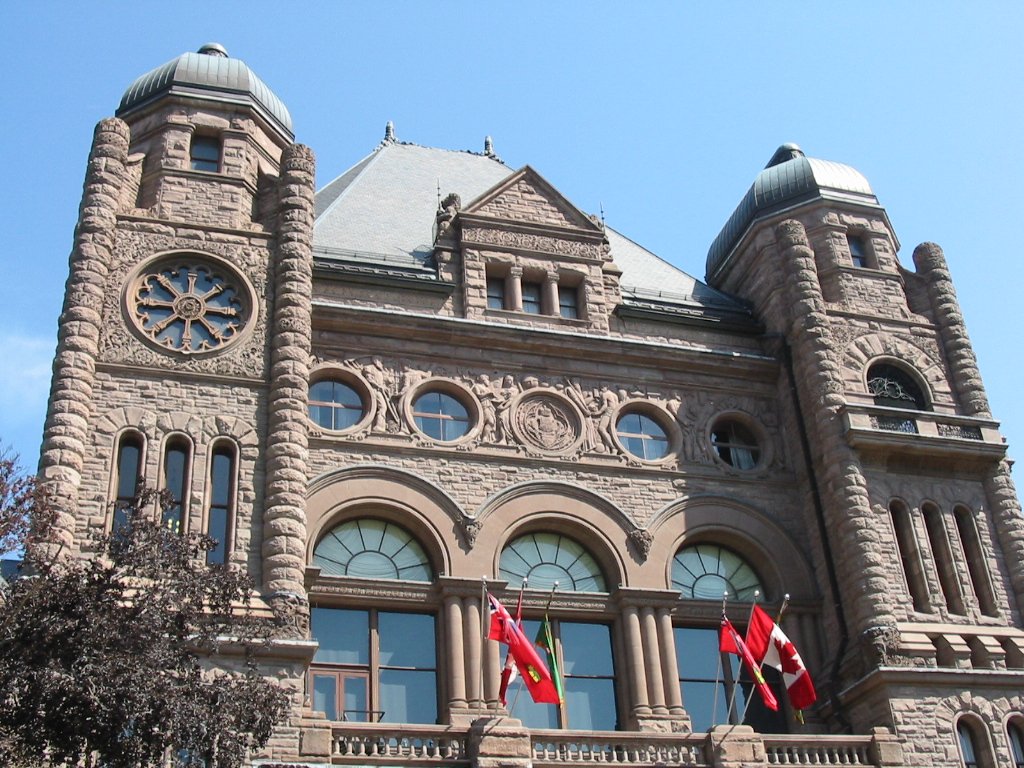TORONTO – Ontario is overhauling its Child, Youth and Family Services Act to raise the age of protection from 16 to 18 and to give young people more of a say in the care and services they receive.

The goal of raising the age is to make it easier for youth to further their education and help prevent them from becoming homeless or victims of human trafficking.
“The age of protection increase will help as many as 1,600 young people in its first year of implementation,” Children and Youth Services Minister Michael Coteau said Thursday.
Bruce Rivers of Covenant House in Toronto, which provides shelter to homeless young people, said raising the age of protection to 18 will make a “profound difference” by giving the older teens more services and supports.
READ MORE: Ontario promising $24 million in supports for adoptive families and Crown wards
The Liberal government is also looking at creating a single adoption agency for the entire province to help more of the approximately 5,800 Crown wards find stable and permanent homes.
“We want to make sure that young people have the opportunity to really reach their full potential,” said Coteau. “I think how well we are doing as a society is revealed best by how we treat our children.”

Get daily National news
The changes focus on early intervention to help prevent children and families from reaching crisis situations at home, and give young people more of a say in decisions regarding the services they receive.
“For too long, the system has focused on problems facing children and youth and not enough on their voice, their opinions, their thoughts and their goals,” said Coteau. “We need to give young people a voice in decisions around their care and protection.”
READ MORE: Ontario could face class-action suit over alleged failure to protect Crown wards
The government also wants to provide more culturally appropriate services for kids in the child welfare system, including indigenous and black children.
Every effort will be made not to remove First Nations and Metis children from their communities, said Coteau.
“When you have a child removed from the community it creates anxiousness among the family, people are left heart-broken. It creates turmoil in communities and there’s a lot of grief that’s experienced,” he said. “As much and as often as possible we will honour the traditions of indigenous communities, keeping children close to home and close to what they’re familiar with.”
There are about 14,800 children in care in Ontario, down 3,400 – or just under 19 per cent – from six years ago.
Ontario’s 38 children’s aid societies and nine indigenous child well-being societies will be required to keep race-based data to support service planning and delivery, added Coteau.
READ MORE: Katelynn Sampson: Jury delivers 173 recommendations in coroner’s inquest
“The legislation would affirm the rights of children through the United Nations convention on the rights of a child, recognizes the importance of diversity and inclusion, and the need to continue to address systemic racism,” he said. “It will build on the goals of Katelynn’s Principle by clearly stating that every child needs to be seen, heard and respected, and be at the centre of all decision making.”
New Democrat Monique Taylor had tabled a private member’s bill last month named Katelynn’s Principle after seven-year-old Katelynn Sampson, who was killed by her guardians in 2008 following months of beatings and neglect.
The Liberals’ legislation, which incorporates much of what was in Taylor’s bill, also gives the government the power to force children’s aid societies to amalgamate or shut down.
“We need to make drastic change to pave the way for services that are much more accountable and responsive,” said Coteau.
The bill introduced Thursday also gives the government the authority to require police record checks for service providers and imposes limits on the use of mechanical restraints and searches in youth justice facilities.







Comments